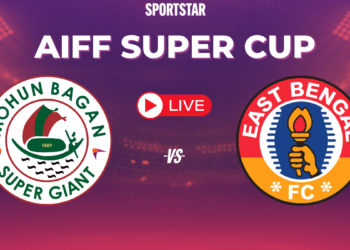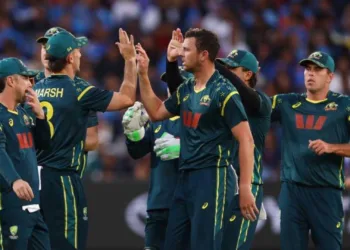The National Company Law Tribunal (NCLT) is set to deliver its judgment on the merger of Zee Entertainment Enterprises and Culver Max Entertainment, formerly known as Sony Pictures Networks India. A division bench led by judicial member HV Subba Rao and technical member Madhu Sinha has concluded hearings and is now ready to rule on the merger. The proceedings involved objections from creditors who raised concerns about the merger proposal presented by Zee Entertainment Enterprises and Culver Max Entertainment.

Everything you need to know about the Zee-Sony Merger
Among the objecting creditors were Axis Finance, JC Flower Asset Reconstruction, IDBI Bank, Imax Corp, and IDBI Trusteeship. The merger agreement between Zee Entertainment and Sony Pictures was established in December 2021. Both media companies approached the NCLT seeking approval for the merger plan, following clearance from regulatory bodies such as the NSE, BSE, the Competition Commission of India (CCI), and the Securities and Exchange Board of India.
Upon filing with the NCLT, challenges emerged as several creditors of Punit Goenka’s Essel Group expressed dissatisfaction with the inclusion of a non-compete clause in the merger arrangement, as reported by PTI.

Janak Dwarkadas, representing Zee Entertainment Enterprises Limited (ZEEL), stated that the merger scheme between ZEEL and Sony had received the endorsement of 99.97 percent of the company’s shareholders, along with approvals from BSE, NSE, and the CCI.
Instances were brought to the NCLT’s attention by stock exchanges, revealing alleged fund diversions from the listed entity to affiliated entities within the Essel Group. This included an order from the Securities and Appellate Tribunal (SAT) that prevented Punit Goenka from holding directorial positions in any company. The tribunal upheld SEBI’s interim order, which barred Zee promoters Subhash Chandra and Punit Goenka from board positions in publicly listed firms for a year due to alleged fund diversion.

Dwarkadas emphasized that objecting creditors were claiming a total value of ₹1,259 crores in objections to the arrangement. He argued that their objections were essentially holding the merger hostage. Additionally, he highlighted that Zee’s public shareholding amounted to 96.01 percent, with 70 percent held by public institutions, around 25.88 percent by public non-institutions, and only 3.99 percent by promoters.







